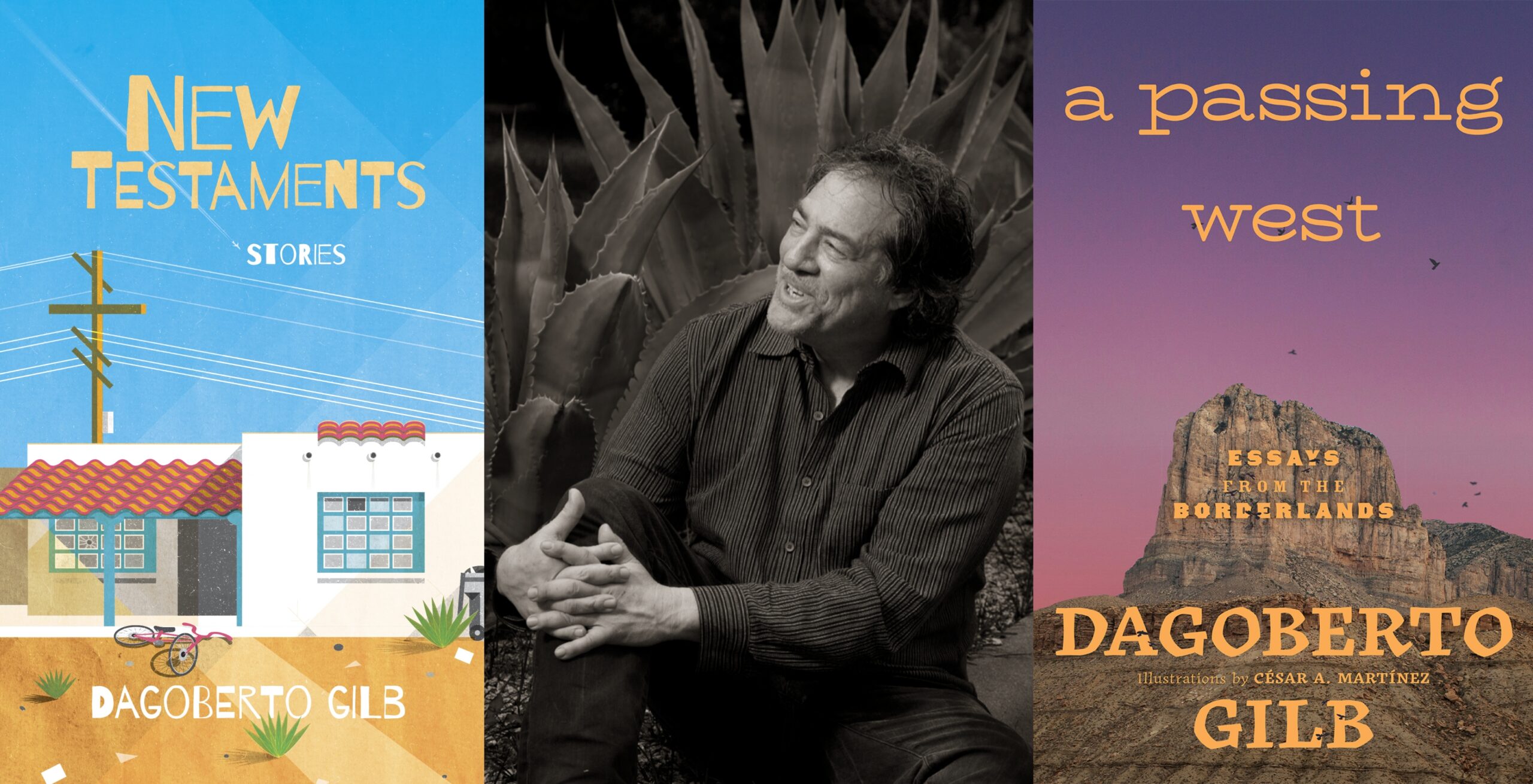Writing Reagan
DUTCH: A MEMOIR OF RONALD REAGAN.
AN AMERICAN LIFE.
748 pages. $17.95.
Edmund Morris’ authorized biography of Ronald “Dutch” Reagan speaks bluntly of the great man’s self-portrait, An American Life. “An American Life (1990) is a ghostwritten work, undertaken at the behest of Mrs. Reagan, and may be safely described as the most boring book of its kind since Herbert Hoover’s Challenge to Liberty.” Though that claim may underestimate the somnific powers of other politicians and their brown-nosing spooks, I still must agree that Reagan’s second autobiography (the first was ghosted in 1965) has earned at least honorable mention in the dullness derby — maybe even proxime accessit, as the Brits say. Insomnia can’t survive 748 re-issued pages of best-selling self-absorption; but I wonder who it is that damns An American Life in Dutch. Is it the real Edmund Morris, born in Kenya and educated in Nairobi and at Rhodes University in Grahamstown; or is it the fictionalized narrator of A Memoir of Ronald Reagan, born of well-to-do parents in Chicago, sent by his English-born mother to King’s School, Canterbury, and later a classmate of Reagan at Eureka College, “as provincial a school as any west of the Wabash”?
Such puzzles result from Morris’ decision, as he warned the uneasy editors at Random House, “to make literature out of Ronald Reagan.” His method was to create a “uniquely observant” narrator — “cultured, ironical, and ultimately admiring” — whose imagined life “intertwines with, yet remains separate from, Reagan’s own.” Thus (the editors’ blurb goes on in obfuscatory fashion) “Morris’ biographical mind becomes in effect another character in the narrative, recording long ago events with the same eyewitness vividness (and absolute documentary fidelity) with which the author later describes the great dramas of Reagan’s presidency.” Like the jumble of literary styles which Morris employs (the editors allege) “to convey the extraordinarily varied, episodic nature of Reagan’s life,” the “unique literary device” of the fictionalized narrator just left me baffled. I’d guess that Morris never really made up his mind about Reagan or that (if he did) he didn’t want waspish Nancy to know it. On one page he can say that to him “Dutch remained … an apparent airhead,” but two pages later he finds Dutch not just usefully intelligent but “capable of great subtlety.”
Making up my own mind caused me no difficulty. Whatever Morris’ ultimate opinion of Reagan (if any), his evidence confirmed my belief that Reagan — the prayerful, muscular Christian — was a stinker. Because his stinkerdom was of a special kind, in high office he was a menace to the nation. To gather the evidence of dangerous stinkerdom from Morris’ odd narrative, I had to suffer a prologue, thirty-seven chapters, an epilogue, over 150 pages of notes, a thirty-page index (Aaron to Zipkin), and literary affectations like a line from Keats (“Huge Cloudy Symbols of a High Romance”) as the heading for a chapter on Star Wars. But the evidence, I think, was there, and to me it was frightening.
To call Reagan a stinker is of course to invite astonished indignation from his devotees. He was famously affable (if uncrossed and sufficiently flattered). A characteristic photograph (reproduced by Morris on page 425) shows him telling one of his endless stories to assembled camp-followers “seduced … by his extraordinary personal charm and humor.” To his left, good gray Walter Cronkite guffaws dutifully, and (at one corner of the back row) George Bush the Elder manages a hard-working laugh. Maybe he’d heard the story only a few times before. In more serious truth, Reagan was generous to his parents, free from racism, highly praised by his superiors for his military service as a “celluloid commando,” and physically courageous. Most seriously of all, he is pitiable now, and Nancy’s devotion to him is touching.
Having said all that, I hold to the verdict of dangerous stinkerdom. Maybe stinkerdom is too lighthearted a term, and the just word is one of Reagan’s own favorites: evil. After every qualification, the fact remains that his rage against the Evil Empire and his insistence on Star Wars have left his lost world infinitely more dangerous than he found it as a teen-age lifeguard on the Rock River. The publicly known budget for Star Wars “has held steady at about $4 billion a year” (The Nation, December 27), and the motto of the United States Space Command (“set up by the Pentagon in 1985”) is “Master of Space.” The space warriors’ commanding general now aggressively assures the world that “we” will fight in, from, and into space. Gorbachev’s passionate pleas against extending the arms race by the militarization of the heavens themselves never budged Reagan from his stubborn insistence; and though Reagan fatuously promised that his Strategic Defense Initiative would be used “to protect the whole world not just us” (An American Life), the U.S. Air Force now brags, like an evil deity, that new technologies will allow it to “effect very many kills” and to control the earth from above. There’s terrorism for you.
What characteristics of Ronald Reagan made him the willing progenitor of such brutality? It’s easy to see and say that a cabal of rich Californians pushed his presidential candidacy because they knew that in office he would do, without being told, what they wanted him to. He bankrupted the nation, enriched the industrialists of defense, impoverished the poor, bullied labor, gave arms for hostages, denied that he had done it, supported the brutes whom he called “freedom fighters,” and so made himself the patron saint of right-wing Republicanism. The hero’s feats are familiar, but what was it in his nature that allowed him to do such things while proclaiming his devotion to a theoretically austere religion with nothing good to say about rich folks?
Edmund Morris keeps looking for a deeper Reagan, for a someone beneath the affable, impenetrable surface; but I think there was only surface, and nothing more to find. Ronald Reagan was a dangerous President precisely because he was an invincibly ignorant Middle Western American, with a headful of commonplace ideas about himself, his country, and citizens like him.
The United States, Reagan knew without doubt, was earth’s greatest nation, high-minded and generous, and its citizens shared the nation’s virtues. Soviet Russia was America’s evil opposite, hell-bent on spreading the wicked gospel of Marx and Lenin, which would weaken and destroy the native enterprise of free people, who could do better things for themselves than any government could do for them. It could never enter Reagan’s mind that his beloved country on occasion had itself acted the evil empire, for he had the great gift of believing whatever was to his own credit and advantage. When he lied in his teeth, he believed in all sincerity that he was speaking truth. Always the actor, always itching for attention and applause, he was the perfect instrument of a ruling class intent on class warfare and as insensitive as he to the needs and dreams of other people. Reagan liked to be photographed as the central figure of an admiring group; but to his own children he was a distant father, and in an autobiography of over 700 pages, he could spare just three lines for Jane Wyman, his first wife and the mother of his children Maureen and Michael. It’s no wonder that such a man could so quickly transform himself from ardent New Dealer to snitch for the commie-chasing F.B.I. Informant T-10 would always follow power, serving himself while spouting the high sentiment that he always thought was genuine.
Edmund Morris quotes a Reagan letter of 1952 that struck me as at least a partial self-portrait. Of the newly elected Vice President, Reagan wrote, “Nixon is a hand picked errand boy with a pleasing fa?ade and naught but emptiness behind.” With another election looming, that sentence is frightening indeed. To many voters, Reagan offered the irresistible combination of good looks, smooth talk, celebrity, and religiosity. Will the citizenry next choose a sort of Reagan junior grade — hand-picked by the rich and manacled by their support, a theocrat with no great brain but persuaded of his own rightness?
If I were a prayerful man, I’d pray that the hand-picked candidate’s God would take time off from watching high school football in Texas to keep that from happening.
James Sledd is professor emeritus of English at U.T.-Austin, and has never met Edmund Morris in any incarnation.


